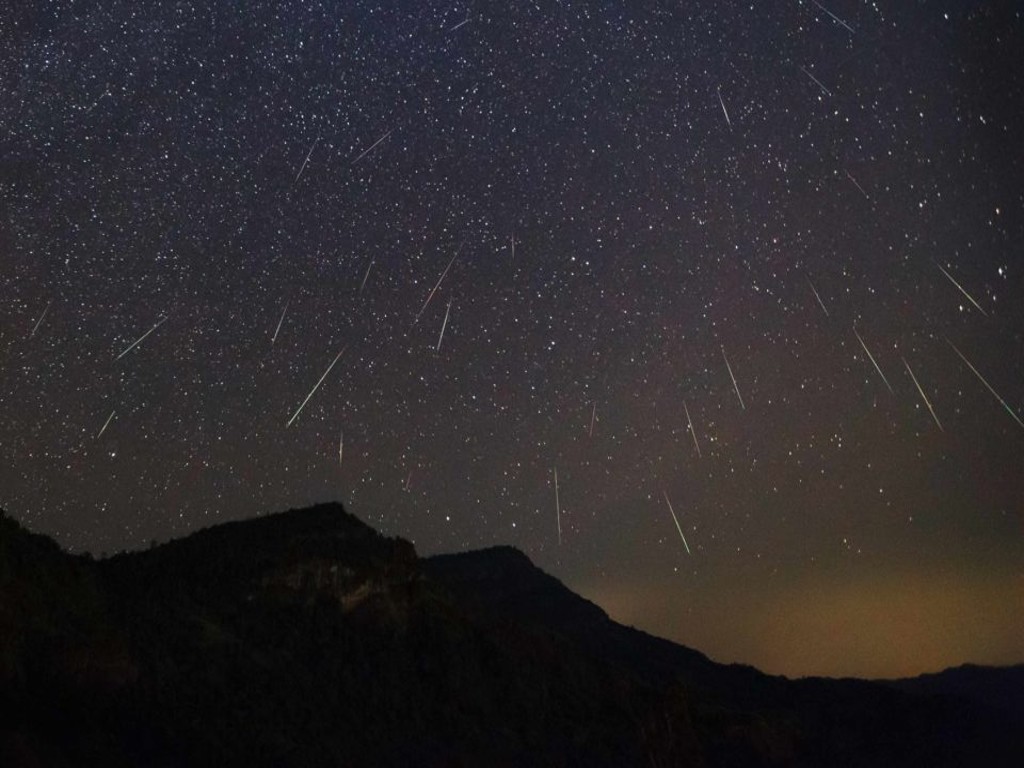
Perseids. Expected to have 50 to 200 colored meteors per hour: What you need to know
by Martin Leduc
Posted in

they can red, blue or green. They rotate at a speed approaching 58 km/s. These are the towering stars of the Perseids, a phenomenon that only occurs once a year. This year it started on July 17 and is expected to run until August 24.
But the peak, the time when there will be the greatest time, will decrease Friday night 12 to Saturday 13 August. Here’s everything you need to know about this beautiful display that promises to wow us.
What are Perseids?
“In fact, at the base is the comet Swift-Tuttle,” explains Gilles Dawidowicz, vice president of the Astronomical Society of France and head of the Planetary Science Committee.
“It passes once every 133 years in front of the Earth. The last time was in 1992. What interests us here is all the dust that separates from it as it travels. This swarm is also called the torus,” the Vice President defines.
This dust, whose size fluctuates between the size of a grain of sand and a grain of flour, pass us every year.
“When they enter our atmosphere at a speed of 58 km per second, they burn up, leaving a trail. Depending on their composition, the color may vary.”
How not to miss a meteor?
Knowing that the path left by a meteor remains visible for a maximum of 1 second, it is so It’s impossible to see them all.
The moon may be a problem, but it won’t stay visible all night. If it ever causes a lot of light, feel free to position yourself so that it is hidden behind a tree, for example.
On the other hand, it is possible to maximize the chances of liking by following these few tips:
- Position yourself away from any light pollution.
- Give your eyes time to adjust to the darkness.
- Try not to stare too much at the full moon, the source of light.
- Look to the northeast.
How many can we see?
can rise to 200 meteors in one hourBut it is “very variable,” insists Gil Dawidowicz.
On this topic, the Astronomical Society of France invites you to participate in scientific research by counting the number of towering stars you will see. For this, it offers protocol To be well-versed in what Perseids are, then to fill a internet form with your feedback. to your notebooks!
Why is it so popular?
It is a popular phenomenon because in August, conditions are ideal for observing the sky. “It’s not cold, people are on vacation so they can watch…”
And a small, not insignificant detail: “Unlike certain space events, the Perseids require no instrument to see them,” defines the chair of the Planetary Science Committee.
This is a meeting with people, everyone, to facilitate astronomy. It is a very good time to philosophize in front of the immensity of the universe.
Can we see them every year?
The answer to this question is a resounding yes: a Perseid swarm consists of billions of bits of dust.
“Like everything, it will disappear one day, but on a human level, it is still very far from our concern.”
The Persians were there before us, and they will be here after us.
Is there a downside to meteor showers?
We are entitled to ask the question. Just as fireworks pollute and are expensive, what’s the downside of meteor showers like the Perseids?
‘Nothing at all,’ replied Gil Dawidowicz.
For once, no need to think about the consequences. We can only let this magical spectacle drift away, so close, but at the same time so far.
Was this article useful to you? Know that you can follow Actu in space news . With one click, after registration, you will find all the news of your favorite cities and brands.

“Incurable web evangelist. Hipster-friendly gamer. Award-winning entrepreneur. Falls down a lot.”
